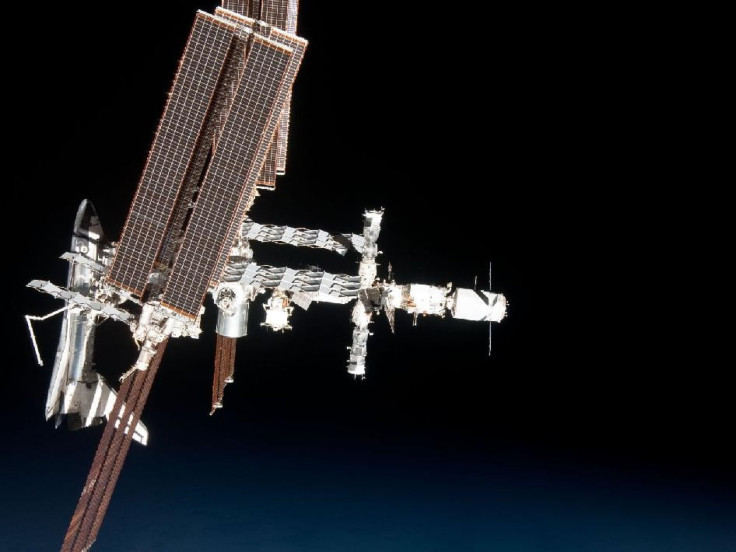Crew Members Start for Earth, NASA Worried About International Space Station

Three of the six astronauts who were stationed at the International Space Station (ISS) began their return to Earth on Friday aboard a Soviet-era capsule.
Soyuz TMA-21 craft left from the orbiter with two Russians and one U.S. astronaut at 0038 GMT, the Moscow-based Roskosmos space agency said.
We have physical separation, the departing crew's commander Andrei Borisenko said in comments broadcast on NASA TV.
You look great backing away guys, the next mission's commander Mike Fossum told the crew as it started its journey home over northern China. It was great sharing space with you.
The small aerodynamic craft is expected to touch down with a massive parachute in the ex-Soviet republic of Kazakhstan at 0400 GMT.
There are three more astronauts left behind at the Space station -- NASA's Fossum and Russia's Sergei Volkov along with the Japanese flight engineer, Satoshi Furukawa.
Russia faces recent embarrassment when an ISS cargo craft crashed back to Earth last month on Aug. 24.
For NASA, the flight in July was the last one and it meant that NASA would move on to more ambitious destinations, whereas the job of ferrying people and supplies to the orbiting research station would be taken up by other companies.
The accident made Russia postpone a part of its Soyuz program to November, while it conducted emergency checks. The rocket that failed in August is similar to the one that will be used in November by the Russians to carry astronauts. An American astronaut will also be on board.
The reason for the failure of the engine was later found to be a manufacturing defect on a fuel pipe that caused the third-stage engine to shut down. The finding obviously raised concerns pertaining to the quality control in the Russian rocket factories.
Soyuz rockets and its different versions are used to carry cargo ships as well as crew members to space.
NASA has been worried about the idea of leaving the space station without any crew member for the first time in 10 years, if Russia fails to solve its problems by mid-November. Once the space station is empty, the station can be operated from the ground. But it could turn disastrous if a malfunction gets the $100 billion space station tumbling out of control. That could mean putting at risk the entire human spaceflight program of the United States, Russia and other participating nations.
The next manned Soyuz mission has been scheduled for Nov. 12 by Russian Agency, which is just a few days before the NASA's final deadline.
Russian space officials have said that they would launch two unmanned Soyuz rockets - one to launch satellites and the other to carry cargo to the space station - before sending up people again.
© Copyright IBTimes 2024. All rights reserved.





















